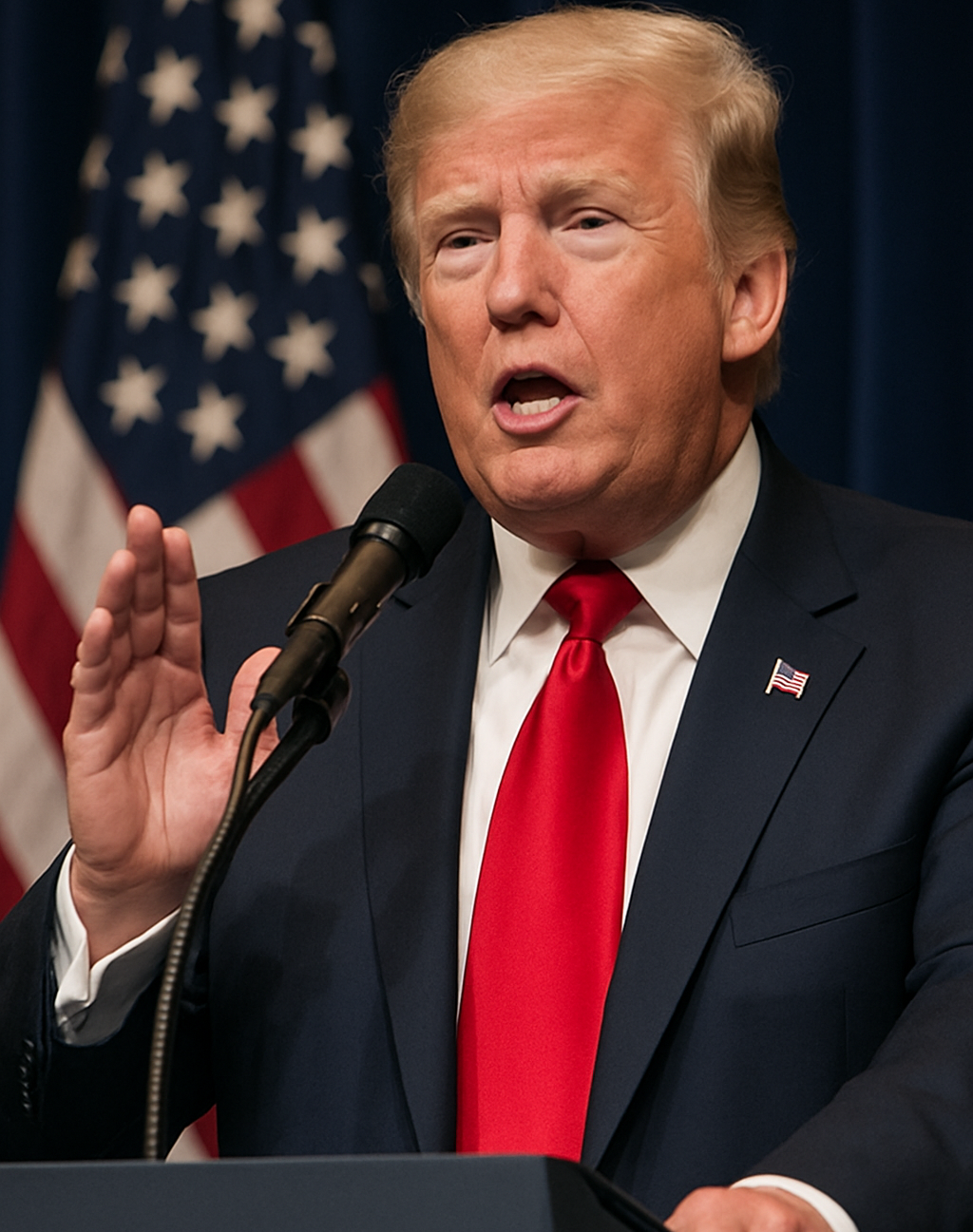At a United Nations Security Council debate chaired by Pakistan, the United States renewed its assertion that it played a significant role in de-escalating recent tensions between India and Pakistan. The claim, reiterated by US Ambassador Dorothy Shea, was met with a firm rebuttal from New Delhi, which maintained that the ceasefire was reached at Pakistan’s request and without external mediation.
Speaking at the UNSC open debate on “Multilateralism and the Peaceful Settlement of Disputes,” Ambassador Shea highlighted what she described as Washington’s continuing commitment to facilitating peaceful resolutions across global conflict zones. “In just the past three months, the US has helped achieve de-escalations between Israel and Iran, the Democratic Republic of Congo and Rwanda, and between India and Pakistan,” Shea said.
The debate was convened under Pakistan’s presidency of the 15-nation Council for the month of July, with Deputy Prime Minister and Foreign Minister Ishaq Dar presiding. Pakistan has used its term to hold two “signature” events focusing on multilateral conflict resolution and cooperation between the UN and regional bodies such as the Organisation of Islamic Cooperation (OIC).
Reiterating the Trump administration’s involvement, Shea noted, “The United States, under President Trump’s leadership, played a pivotal role in encouraging parties to pursue peace. These resolutions are achievements we both applaud and support.”
However, India quickly dismissed the notion that external powers had influenced its military and diplomatic decisions. Responding during the same session, India’s Permanent Representative to the UN, Ambassador Parvathaneni Harish, emphasized that the ceasefire came solely at Islamabad’s urging.
Ambassador Harish detailed that India’s Operation Sindoor—launched in response to cross-border terror threats—targeted specific terrorist installations in Pakistan and Pakistan-occupied Jammu and Kashmir (PoJK). “The operation was calibrated, focused, and intended to avoid broader escalation. Once its objectives were met, military actions ceased in response to a direct request from Pakistan,” he clarified.
He further underscored that India remains committed to peaceful dispute resolution but strongly opposes any third-party mediation. “There is no one-size-fits-all formula for settling disputes. Context and evolving dynamics must shape approaches. India, as a founding member of the United Nations, has always constructively engaged in global peace efforts,” Harish said.
The renewed American claims, particularly in the context of President Trump’s repeated statements since May 10, have caused unease in New Delhi. Trump has claimed credit for diffusing India-Pakistan tensions and hinted at using trade incentives as leverage for peace. Indian officials have consistently refuted these assertions.
While the India-Pakistan exchange took center stage, Washington also used the forum to criticize China’s aggressive behavior in the South China Sea. Ambassador Shea condemned Beijing’s maritime claims as “expansive and unlawful” and called on China to respect international rulings.
“We again urge China to abide by the 2016 ruling of the Arbitral Tribunal under the Law of the Sea Convention. That ruling is final and legally binding,” Shea stated, referring to the tribunal’s verdict in favor of the Philippines against China’s sweeping claims in the region.
According to the US, China’s continued defiance of the ruling and interference in the region have infringed upon the sovereignty of multiple Southeast Asian nations, including the Philippines, Vietnam, Malaysia, Indonesia, and Brunei.
As global tensions remain high, the UN debate underscored the growing friction between sovereign narratives and great power diplomacy, particularly in Asia. The differing accounts between the US and India also point to the limits of diplomatic credit-taking when regional powers assert autonomy in defense and conflict resolution.








